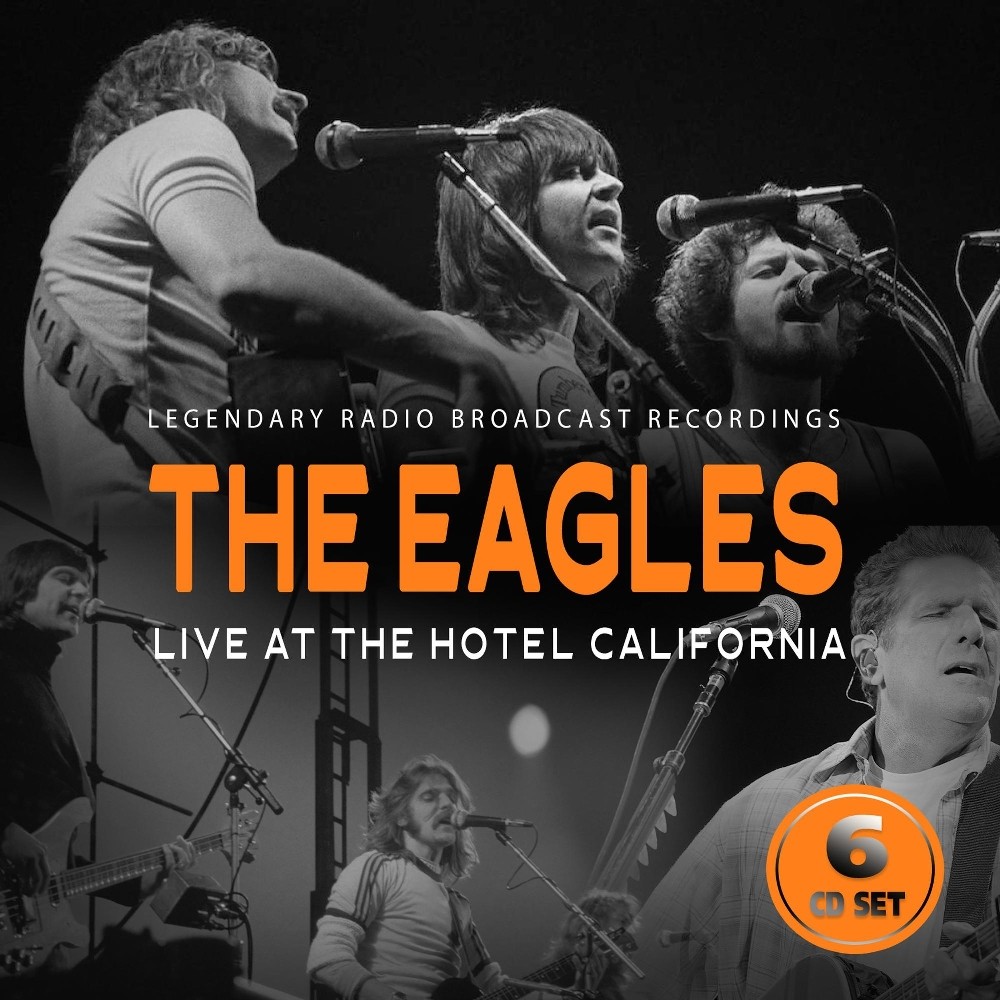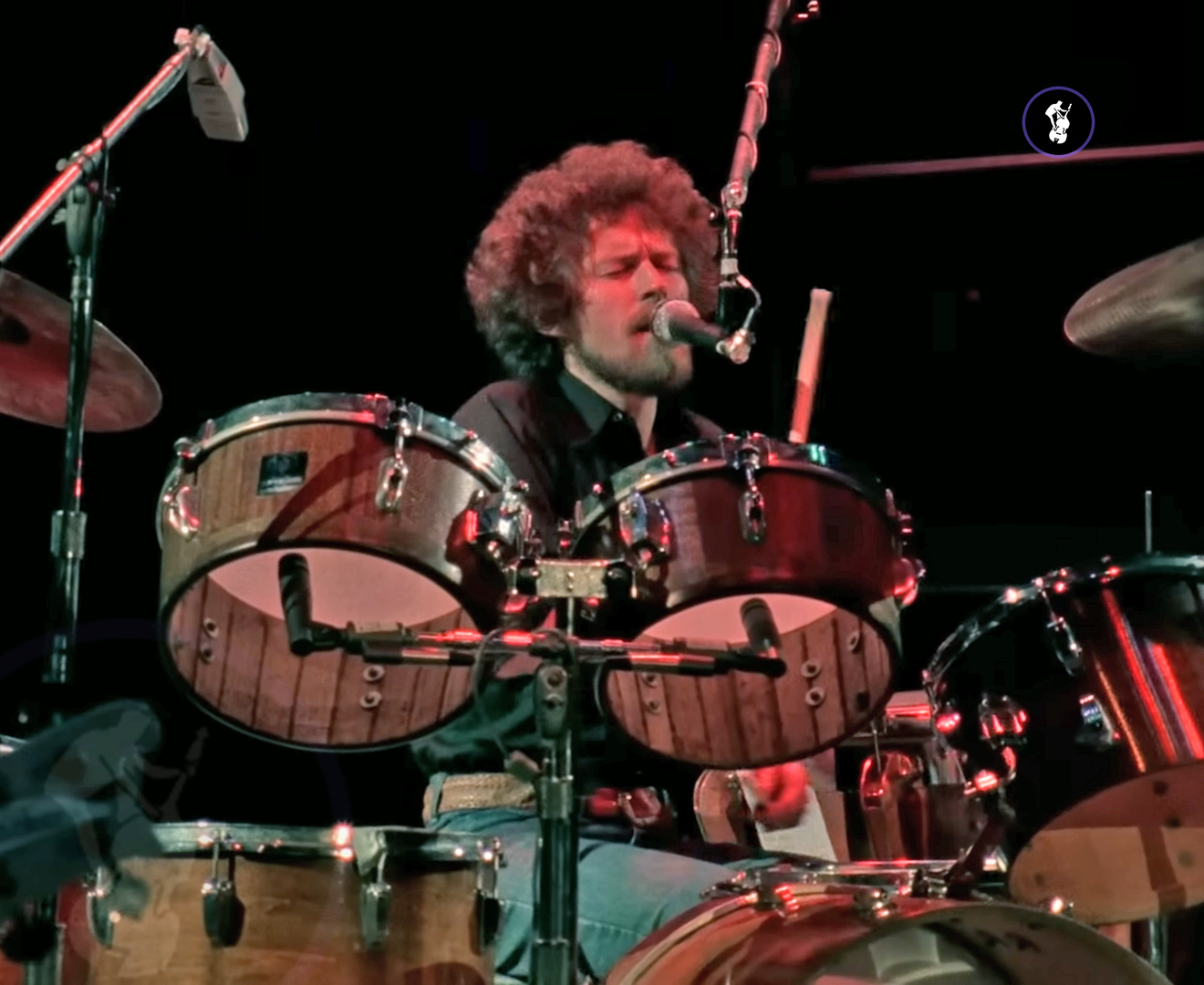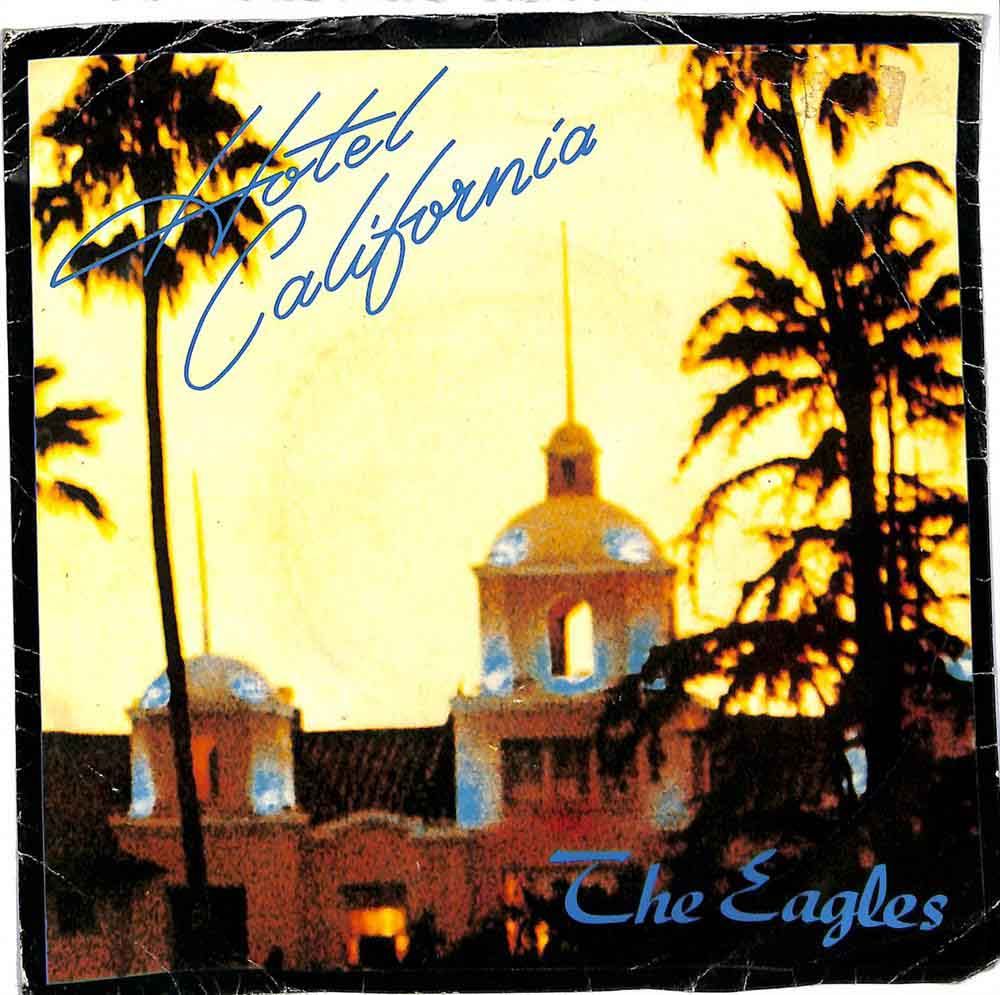Who Hotel California Made Famous The Eagles Song And Its Legacy In The US
The Origins of “Hotel California”
The Eagles, an American rock band formed in Los Angeles in 1971, became one of the most successful and influential groups of the 1970s. Their song “Hotel California,” released in 1977 as the title track of their fifth studio album, is widely regarded as one of the greatest rock songs of all time. The track was written by Don Henley, Glenn Frey, and Randy Meisner, and it quickly gained massive popularity, reaching number one on the Billboard Hot 100 chart and staying there for five weeks. The song’s enigmatic lyrics and intricate guitar work, particularly the famous guitar solo by Joe Walsh, contributed to its enduring appeal.
The Mystery Behind the Lyrics

One of the most intriguing aspects of “Hotel California” is its cryptic and often debated lyrics. While the band members have offered various interpretations over the years, the song’s meaning remains open to personal interpretation. Some fans believe it tells a story about excess, the dark side of the American Dream, or even a metaphorical journey through life. Others think it references the hedonistic lifestyle of the 1970s music scene, with the “hotel” symbolizing a place of indulgence and escape. Despite the ambiguity, the song’s poetic nature has allowed it to resonate with listeners across generations.
The Cultural Impact of “Hotel California”

“Hotel California” not only dominated the charts but also became a cultural phenomenon. It was featured in numerous films, television shows, and commercials, further cementing its place in popular culture. The song’s iconic guitar riff has been covered by countless artists, and its influence can be heard in the works of many rock and pop musicians. Additionally, the song’s success helped solidify the Eagles’ status as one of the most respected and commercially successful bands in American music history.
The Legacy of the Song

Over the decades, “Hotel California” has remained a staple of classic rock radio and continues to be one of the most played songs in the United States. Its legacy is also reflected in the band’s continued relevance, as the Eagles have performed the song on multiple tours and special events. The track has been recognized with several awards, including a Grammy for Best Rock Performance by a Duo or Group with Vocal in 1978. Moreover, the song’s enduring popularity has made it a symbol of the golden era of rock music.
The Influence on Music and Society

Beyond its commercial success, “Hotel California” has had a lasting impact on the music industry and society. Its complex structure and layered instrumentation set a new standard for rock songs, inspiring future generations of musicians to experiment with more sophisticated arrangements. The song’s themes of escapism and introspection have also resonated with listeners, making it a timeless piece that continues to connect with audiences. In addition, the song’s association with the American West and the idea of a mysterious, luxurious retreat has contributed to its mythic status.
The Continued Relevance Today

Even after more than four decades, “Hotel California” remains a beloved and widely recognized song. It is frequently played at sporting events, weddings, and other celebrations, showcasing its universal appeal. The Eagles’ decision to continue performing the song live has ensured that new audiences can experience its magic firsthand. Furthermore, the song’s presence in popular media, such as movies and video games, has introduced it to younger generations who may not have been alive when it first charted.
Conclusion

“Hotel California” by the Eagles is more than just a hit song; it is a cultural landmark that has left an indelible mark on American music. Its unique blend of storytelling, musical innovation, and emotional depth has ensured its place in the pantheon of rock classics. As the song continues to captivate listeners, it serves as a reminder of the power of music to transcend time and connect people across different eras and experiences.



